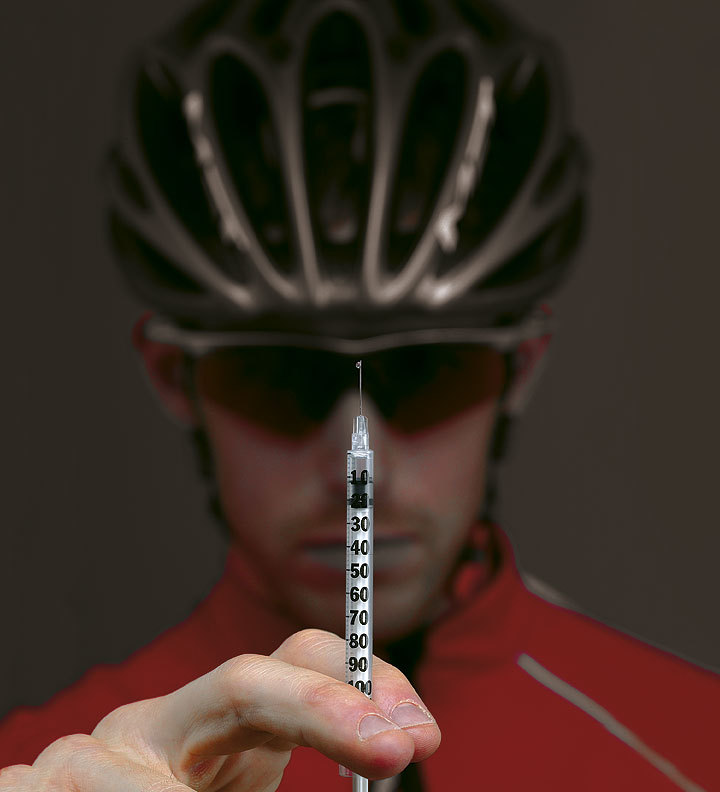The powers of UK Anti-Doping

UK Anti-doping assumed responsibility from the Drug Free Sport division of UK Sport as the national anti-doping organisation.
As well as carrying out athlete testing, UKAD are responsible for ensuring sports bodies in the UK are compliant with the World Anti-Doping Code, running an education and information programme, managing intelligence and processing possible cases of anti-doping rule violations.
The group was formed following a sixth month review in 2007 by UK Sport and the Department for Culture, Media and Sport (DCMS). The review panel recommended that a new anti-doping organisation should be formed with "stronger, more effective partnerships with law enforcement agencies to fight the trafficking and supply of prohibited substances".
It also recommended the new organization "take responsibility for decisions about whether or not an athlete has committed a doping offence, and have the authority to present cases to a disciplinary panel."
Previously this responsibility fell to the national governing body for a sport - in cycling's case British Cycling.
With an independent body -directly accountable to the DCMS- now taking on the roles previously operated by federations and UK Sport, there is less likelihood of a potential conflict of interest.
UK Sport and British Cycling, for instance, are both heavily involved in the financing and running of the GB cycling team and promotion of the sport. A major doping scandal could be to their embarrassment and thus there is at least theoretical incentive for a cover-up.
The latest race content, interviews, features, reviews and expert buying guides, direct to your inbox!
"Whilst we remained at UK sport, there was always this underlying current that there was a conflict of interest," said director of operations Nicole Sapstead. "We always took great care and had protocols and practices in place to ensure if anyone ever made that accusation we could defend it. But there would always be this perception."
One thing UK Anti-Doping will not do is make the final decision on a case.
A bit like the Crown Prosecution Service, UK Anti-Doping gathers the evidence and, if it believes there's a case to answer, present it. The hearing is presided over by the National Anti-Doping Panel (NAPD) who come to a decision as to whether an anti-doping rule has been violated and what sanction should be passed down.
The NAPD is operated by another independent organisation called Sport Resolutions - whose stakeholders include the British Olympic Association, the Professional Players' Federation and the European Sponsorship Association.
"It's all part of ensuring that an athlete's rights are protected," explained UK Anti-Doping Communications Officer Lee Taylor. "If we bring the case, it's only fair that there's an independent hearing to hear both sides of the story."
Only once NAPD has come to a decision will UK Anti-Doping comment on individual cases (see UK Anti-Doping: what's the protocol?).
UK Anti-Doping target UK riders.
Related links